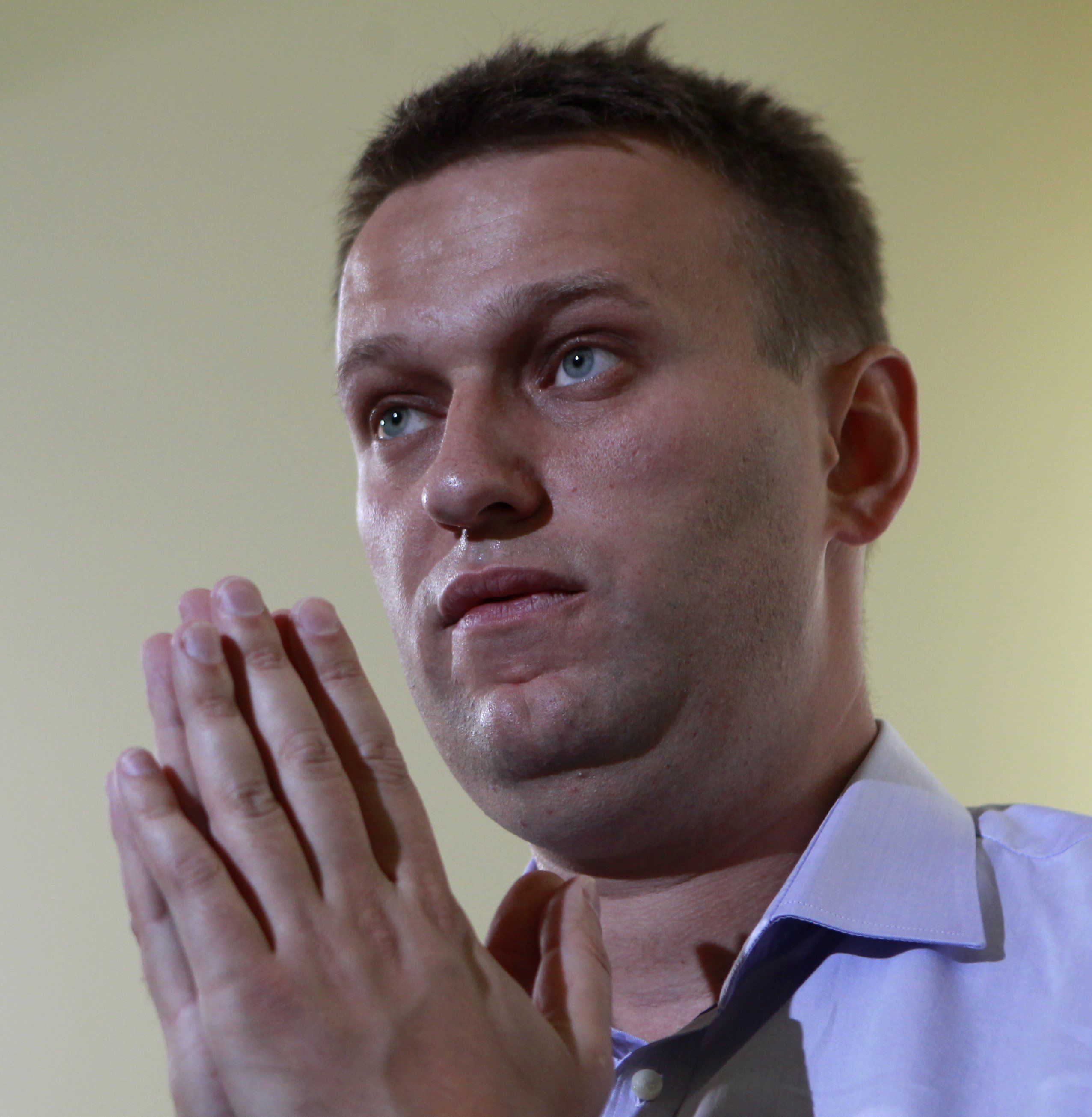Santa's newest neighbor: Navalny's Arctic transfer aims to ice out opposition
The transfer to the Stalin-era labor camp is seen as an additional attempt by the Kremlin to limit any possible impact that Navalny might have on the upcoming Russian presidential elections in March 2024.
As a reminder, Navalny is already serving a decades-long prison sentence on extremism charges that he and his supporters say are trumped up.
But that hasn’t stopped Navalny's Anti-Corruption Foundation from coming up with clever ways to try to undermine Putin’s dominance. The foundation subverted Kremlin censorship by paying for billboards in major Russian cities that ostensibly wished people a “Happy New Year,” but contained a QR code that led to a “Russia without Putin” website, urging voters to oppose the president on election day.
Although the charismatic and social-media savvy Navalny is Putin’s most prominent challenger, he is not broadly popular in Russia, where a majority of those polled say they disapprove of his activities. Still, the Kremlin’s decision to shunt him all the way up to the Arctic shows that Putin appears not to want to take any chances at all.
For more on this story, see our interview with the Oscar-winning director of Navalny, in which Navalny alleges that the Kremlin tried to kill him in 2021.